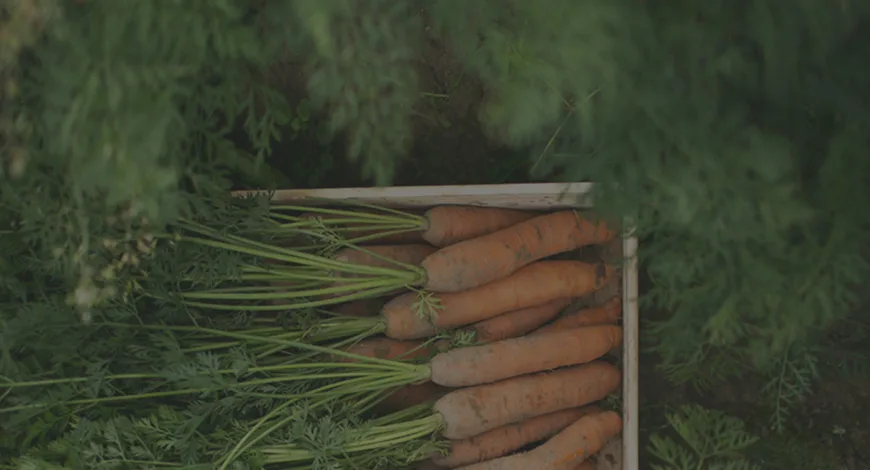❓ Q1: Why Choose Plant-Based Proteins?
Whether you’re vegan, vegetarian, or simply reducing meat intake, plant-based proteins offer numerous benefits:
-
💓 Lower cholesterol and heart disease risk
-
🌿 Rich in fiber and antioxidants
-
⚖️ Lower in saturated fat and calories
-
🌍 More environmentally sustainable
Plus, with the right choices, you can meet all your protein needs without animal products.
✅ Q2: Can You Build Muscle on a Plant-Based Diet?
Yes! Many athletes and bodybuilders thrive on plant-based protein. The key is:
-
Eating a variety of sources
-
Consuming adequate calories
-
Pairing proteins to get all essential amino acids
Let’s explore the top 10 options.
💪 Top 10 Plant-Based Protein Sources
1. 🫘 Lentils
Protein: ~18g per cooked cup
Lentils are a powerhouse of:
-
Iron
-
Folate
-
Fiber
Great for curries, soups, and salads.
👉 Pro Tip: Pair with rice for complete protein.
2. 🥜 Chickpeas (Garbanzo Beans)
Protein: ~15g per cooked cup
Versatile and filling, chickpeas are excellent for:
-
Hummus
-
Curries
-
Roasted snacks
👉 Add to: Salads, wraps, or stews.
3. 🍚 Quinoa
Protein: ~8g per cooked cup (complete protein)
Unlike most grains, quinoa has all 9 essential amino acids!
Also high in:
-
Magnesium
-
Iron
-
Fiber
👉 Use as: Rice alternative or breakfast bowl.
4. 🌰 Nuts (Almonds, Cashews, Walnuts)
Protein: ~5–7g per 1 oz (28g)
Also rich in:
-
Healthy fats
-
Vitamin E
-
Omega-3 (especially walnuts)
👉 Snack tip: Try nut butters or trail mix.
5. 🌱 Chia Seeds
Protein: ~5g per 2 tbsp
Also contain:
-
Omega-3s
-
Fiber
-
Antioxidants
👉 Great in: Smoothies, overnight oats, and puddings.
6. 🌿 Tofu
Protein: ~10g per 1/2 cup
Made from soybeans, tofu is:
-
A complete protein
-
Low in calories
-
Absorbs any flavor
👉 Use in: Stir-fries, curries, or grilled dishes.
7. 🫘 Black Beans
Protein: ~15g per cooked cup
Black beans are rich in:
-
Fiber
-
Iron
-
Antioxidants
👉 Popular in: Burritos, bowls, and chili.
8. 🍞 Tempeh
Protein: ~16–20g per 1 cup
A fermented soy product that:
-
Aids digestion
-
Has a firm texture
-
Is rich in B vitamins
👉 Try it: Stir-fried, baked, or as a sandwich filling.
9. 🌾 Oats
Protein: ~5g per 1/2 cup (dry)
Oats are a staple for:
-
Breakfasts
-
Protein bars
-
Smoothie boosters
Also offer sustained energy from complex carbs.
10. 🥬 Edamame
Protein: ~17g per cup (cooked)
Immature soybeans that are:
-
High in protein and fiber
-
Easy to cook
-
Rich in vitamin K and folate
👉 Snack on them steamed with sea salt!
📊 Comparison Table: Plant-Based Protein Sources
| Food | Protein (per serving) | Complete Protein? | Fiber-Rich | Best Use |
|---|---|---|---|---|
| Lentils | 18g (1 cup cooked) | No (combine with grain) | ✅ | Soups, stews, salads |
| Chickpeas | 15g (1 cup cooked) | No | ✅ | Curries, hummus, snacks |
| Quinoa | 8g (1 cup cooked) | ✅ | ✅ | Grain replacement |
| Tofu | 10g (1/2 cup) | ✅ | ❌ | Stir-fries, grilled, soups |
| Tempeh | 16–20g (1 cup) | ✅ | ✅ | Sandwiches, stir-fry, bowls |
| Chia Seeds | 5g (2 tbsp) | ✅ | ✅ | Smoothies, puddings, cereal |
| Black Beans | 15g (1 cup cooked) | No | ✅ | Tacos, burritos, chili |
| Nuts | 5–7g (1 oz) | No | ❌ | Snacks, spreads |
| Edamame | 17g (1 cup cooked) | ✅ | ✅ | Snacks, sides |
| Oats | 5g (1/2 cup dry) | No | ✅ | Breakfast, bars, smoothies |
🙋 FAQs – People Also Ask
Q1: What is the best plant-based protein for muscle gain?
A: Tempeh and tofu are among the best due to their complete amino acid profiles and high protein content.
Q2: Can you get enough protein from plants alone?
A: Yes! With variety and sufficient calories, you can easily meet your protein goals on a plant-based diet.
Q3: Are plant-based proteins better than animal proteins?
A: Plant proteins are generally lower in saturated fat and come with fiber and antioxidants, making them heart-healthier. But bioavailability and muscle synthesis may be slightly lower than some animal proteins.
Q4: How much plant-based protein do I need daily?
A: Most adults need 0.8–1g per kg of body weight. Athletes may need 1.2–2g per kg.

